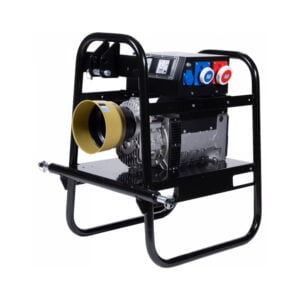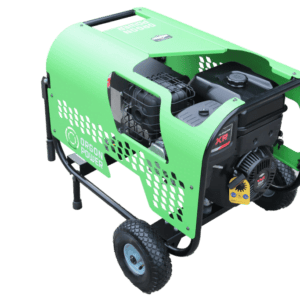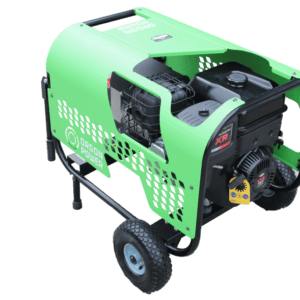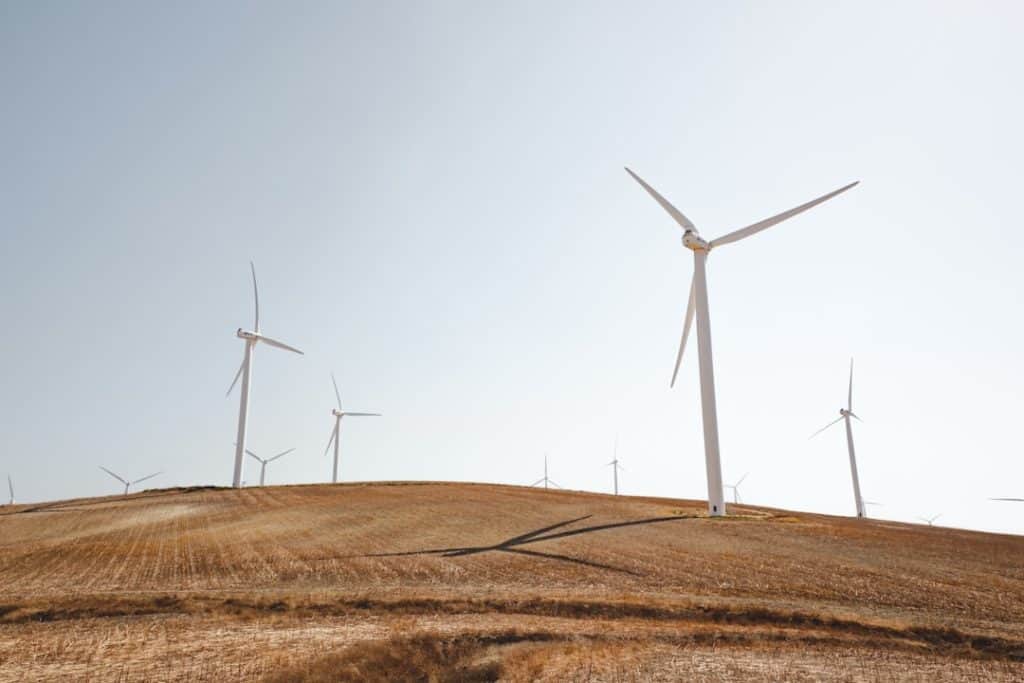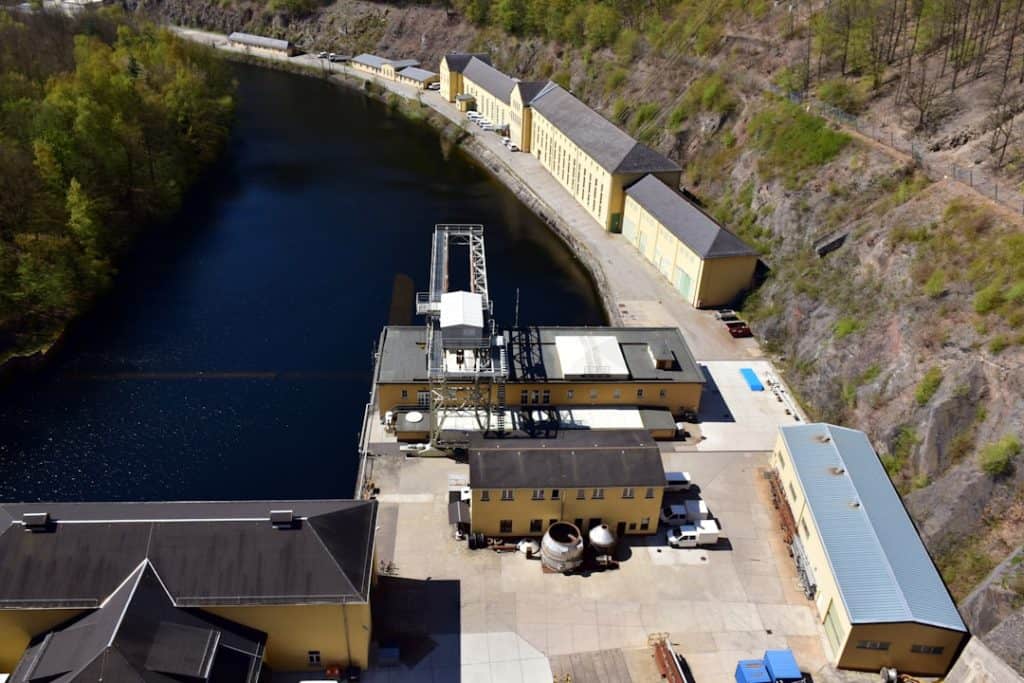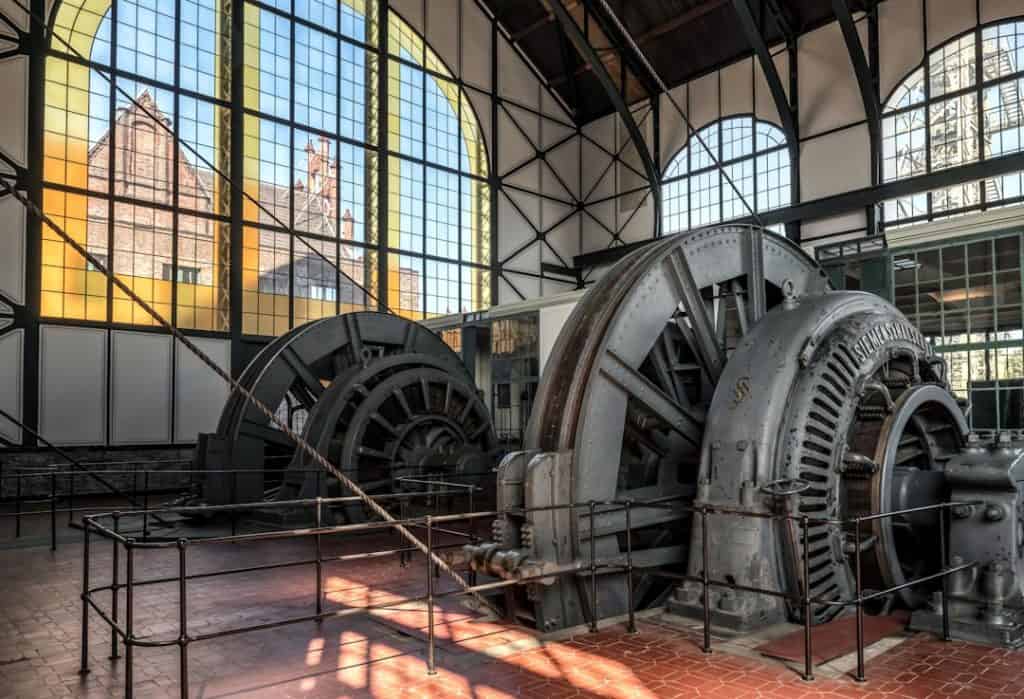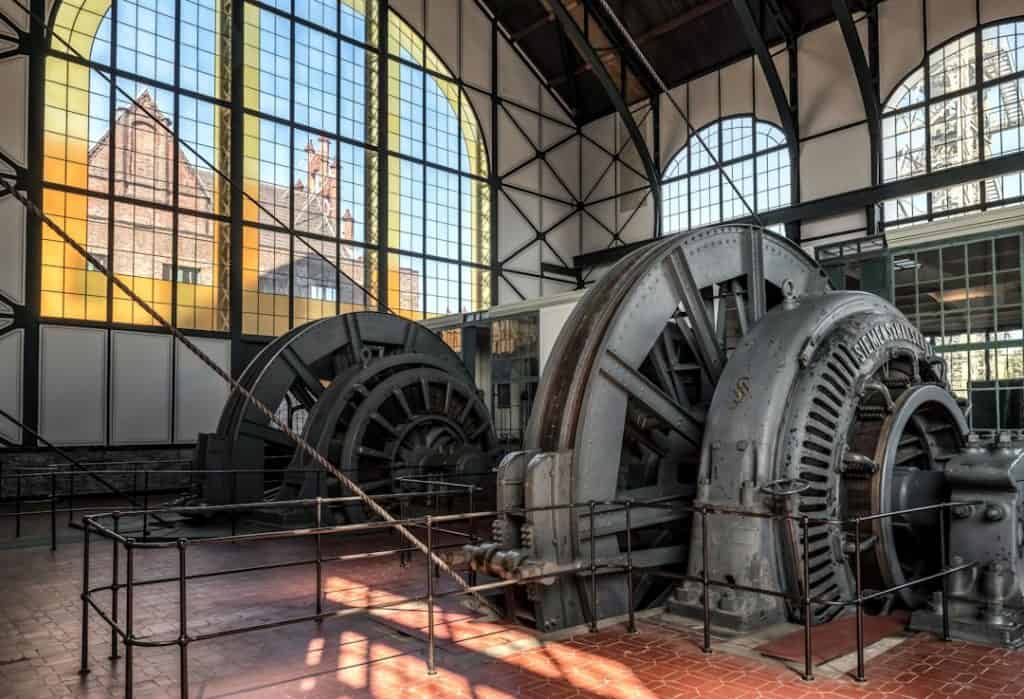Power generators are devices that produce electricity in cases where the main power source is not available. There are different types of generators, including gasoline, diesel and solar generators. Gasoline generators are known for their portability and ease of use, making them suitable for temporary needs such as camping or field work.
Diesel generators are often used in industry because of their power, efficiency and durability. Solar aggregates represent an environmentally friendly alternative, using solar energy to produce electricity. They are particularly useful in areas with high insolation and for users who want to reduce their environmental impact.
Hybrid aggregates combine different sources of energy, providing flexibility and reliability in the supply of electricity. When choosing aggregates, it is important to take into account specific needs and conditions of use. Factors such as power required, frequency of use, availability of fuel or sunlight, as well as budget, play a key role in making the decision.
Proper maintenance and regular service are necessary for optimal operation and longevity of the unit, regardless of the type.
Key Takeaways
- Types of power generators include gasoline, diesel, inverter, solar-powered, and PTO generators
- How to choose the right generator for your home depends on energy needs, noise, size and price
- Installation and maintenance of power generators requires installation on a flat surface, regular cleaning and checking of oil and filters
- Safety factors when using power generators include proper wiring, avoiding enclosed spaces, and regular inspections
- The advantages and disadvantages of using generators for electricity in the home include independence from the public grid, but also potential noise, pollution and fuel costs
- Tips for efficient use of generators include regular ignition for maintenance, proper fuel storage, and proper shutdown
- Alternative options for supplying electricity to the home include solar energy, wind generators and battery systems
How to choose the right aggregate for your house
When it comes to choosing the right generator for your home, it is important to consider several key factors. First, the consumption of electricity in the house should be considered in order to determine the required power of the generator. Also, it is important to consider how often the aggregate will be used and under what conditions, in order to choose a model that can meet the specific needs of the household.
In addition, the availability of fuel and maintenance of the unit, as well as the noise produced by the device, should be considered. When choosing between a gasoline, diesel or solar generator, the pros and cons of each type should be considered in order to make an informed decision. For example, gasoline generators are mobile and easy to use, but they consume more fuel and emit more noise.
Diesel generators are more efficient and last longer, but they require regular maintenance and are not as mobile as gasoline generators. Solar generators are environmentally friendly and have zero operating costs, but they require solar energy to operate and can be more expensive for the initial investment.
Installation and maintenance of power generators

Installation of power generators is a key stage in ensuring their efficient and safe use. Before installation, it is important to carefully select the location for the generator to ensure good ventilation and access to fuel. Also, it should be ensured that the space around the unit is spacious enough to allow access for maintenance and repairs.
After installation, regular maintenance is essential to extend the life of the units and ensure their reliability. Engine maintenance includes regular checks of fuel, oil and other fluids, as well as cleaning the air filter and replacing worn parts. It is also important to regularly test generators to ensure they are ready for use in the event of a power outage.
In addition, you should have an emergency plan and know how to properly shut down the generator in the event of a problem or breakdown.
Safety factors when using generators for electricity
| Aggregate type | Generator power (kW) | Aggregate weight (kg) | Noise level (dB) |
|---|---|---|---|
| Gasoline unit | 2-10 kW | 20-100 kg | 70-90 dB |
| Diesel generator | 5-30 kW | 100-500 kg | 60-85 dB |
| Inverter unit | 1-8 kW | 15-50 kg | 50-70 dB |
When using power generators, it is important to follow certain safety precautions to avoid injury or accidents. First, it should be ensured that the unit is properly installed and used in accordance with the manufacturer's instructions. Also, it is important to ensure that the space around the unit is sufficiently ventilated to avoid the accumulation of gases or fumes.
In addition, operation of the unit in closed rooms should be avoided due to the risk of carbon monoxide poisoning. Also, it is important to regularly check the condition of the cable and plug to avoid electrical injuries or fires. In addition, overloading of the unit should be avoided in order to avoid breakdowns or damage to the device.
Finally, it is important to have an emergency plan and know how to properly shut down the generator in the event of a problem or breakdown.
Advantages and disadvantages of using aggregates for electricity in the house
Using generators for electricity in the home can have many advantages, but it can also have some disadvantages that should be considered before making a purchase decision. Advantages include the possibility of continuous supply of electricity in case of power failure, as well as the possibility of using devices that require electricity even off the power grid. Also, gensets can be useful for emergency situations or natural disasters when the main power source is unavailable.
However, the use of aggregates can have some disadvantages such as fuel consumption, noise produced by the devices and the need for regular maintenance. Also, there is a risk of carbon monoxide poisoning if the unit is used in closed rooms or if it is not properly ventilated. Additionally, setting up and installing a genset can be an expensive investment, especially when fuel and maintenance costs are factored in.
Tips for efficient use of power generators

In order to effectively use generators for electricity in the house, it is important to follow a few tips that can help optimize their use. First, you should carefully monitor the consumption of electricity in order to determine the required power of the unit and avoid overloading the device. Also, it is important to regularly maintain the unit in order to ensure its reliability and longevity.
In addition, safety precautions should be taken when using the unit to avoid injuries or accidents. Also, it is important to have an emergency plan and know how to properly shut down the generator in the event of a problem or failure. Finally, alternative power supply options should be considered to reduce the need to use gensets.
Alternative options for the supply of electricity in the house
In addition to the use of generators for electricity, there are other alternatives for supplying electricity to the house that should be considered before making a decision to purchase an appliance. For example, solar panels can be a great option for those who want to reduce their environmental footprint and rely on renewable energy sources. Also, energy storage batteries can be useful for storing excess electricity that can be used when the main power source is unavailable.
In addition, biogas generators or wind generators are also alternatives to consider in order to ensure a continuous supply of electricity without the need to use fossil fuels. Finally, home energy efficiency can be key in reducing electricity consumption and reducing the need for alternative power sources. All these alternatives should be carefully considered in order to choose the best way to supply electricity that suits the specific needs of the household.
FAQs
What are power generators for the house?
Home generators are devices that produce electricity when the main power source is unavailable. They are used as a backup power source for household needs.
How do power generators for the house work?
Power generators for the house work on the principle of converting mechanical energy into electrical energy. The engine inside the unit drives a generator that produces electricity.
What are the advantages of using generators for electricity for the house?
The advantages of using generators for home electricity include independence from the main power source, the ability to use electricity in case of emergencies and the ability to use electricity in remote locations where there is no access to the main grid.
How to choose the right power generator for the house?
When choosing a generator for electricity for the house, it is important to take into account the consumption of electricity, the required power of the generator, the type of fuel it uses, the noise level and other characteristics that suit the needs of the user.
How to maintain a power generator for the house?
Home generator maintenance includes regular cleaning, oil and fuel level checks, regular air and fuel filter replacement, and regular generator performance testing. It is also important to follow the manufacturer's instructions and regularly service the unit.

